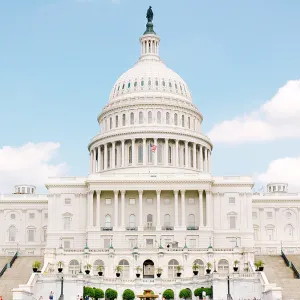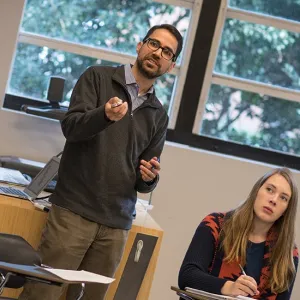Browse recent items below or search for something more specific
"In the past 40 years, the U.S. has been the world leader in converting fundamental scientific discoveries into innovative new treatments for life-threatening diseases," writes Shirley Tilghman, president emeritus of Princeton University and a professor of Molecular Biology and Public Affairs.



